
Cult director Charles Band brings you this “Last Tango in Paris” spoof with editing by acclaimed filmmaker John Carpenter.
You May Also Like

Jeannette is a single mother living in a working-class community in Marseilles; she tries to support herself and her two kids on her salary as a check-out girl at a supermarket and lives in an apartment complex where everyone is thrown into close proximity with everyone else. Marius is working as a security guard at a cement factory that has gone out of business; he’s also squatting in the building, since the plant is soon to be demolished and he’ll be needing his money later on. One day, Jeannette happens by the factory, and spotting several cans of paint, tries to take two of them home with her. Marius spots her and tries to chase her away, while she rails at him with curses against the capitalist system. The next day, an apologetic Marius appears at her doorstep, cans of paint in hand; the two soon become friendly, and a romance begins to bloom, though it quickly becomes obvious that Jeannette’s romance novel fantasies are a bit off the mark from what Marius has in mind.

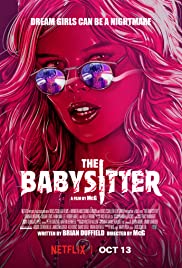
When Cole stays up past his bedtime, he discovers that his hot babysitter is part of a Satanic cult that will stop at nothing to keep him quiet.
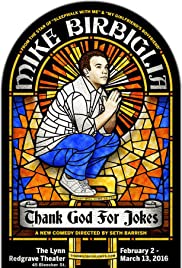
Mike Birbiglia declares that a joke should never end with “I’m joking.” In his all-new comedy, Birbiglia tiptoes hilariously through the minefield that is modern-day joke-telling. Join Mike as he learns that the same jokes that elicit laughter have the power to produce tears, rage, and a whole lot of getting yelled at. Ultimately it’s a show that asks, “How far should we go for the laugh?”
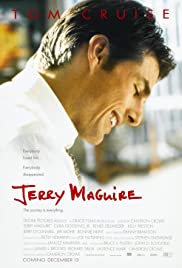
Jerry Maguire used to be a typical sports agent: willing to do just about anything he could to get the biggest possible contracts for his clients, plus a nice commission for himself. Then, one day, he suddenly has second thoughts about what he’s really doing. When he voices these doubts, he ends up losing his job and all of his clients, save Rod Tidwell, an egomaniacal football player.
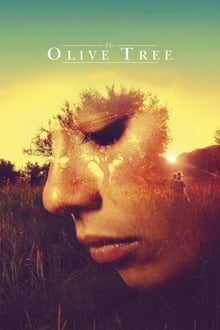
Alma’s family has been producing quality olive oil in the Baix Maestrat area of Spain’s Castellón for generations. Yet changing pressures in the industry have made their traditional practices economically untenable, and the family is now in the mass-production poultry business. Alma’s grandfather has not spoken in years. Sadness envelopes him, and he no longer wants to eat. His sons—Alma’s father and uncle—are impatient with him, but Alma understands her grandfather. She realizes he has been grieving for a thousand-year-old olive tree that the family has uprooted and sold to pay some debts. (A sadly common reality in Castellón at present.) Unable to bear the idea that her grandfather could die without seeing this terrible wrong corrected, Alma undertakes a quixotic mission to locate the tree and return it to the family orchard, so that her grandfather may have peace in his final days.

Melissa has a bad case of sibling rivalry, only her competition is a fictional character in her father’s best-selling novel about a teenage super spy. When her father is “dadnapped” by a group of overzealous fans, it’s up to Melissa to help him by tapping her inner superhero.

After a provincial policeman gets falsely accused of a crime that was committed with his pocket knife, he begins a turbulent hunt for the real murderer.
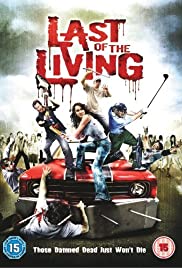
A contagious virus is turning everyone into zombies, and the only hope for survival lies in the hands of three couch potatoes.

When Ace, a cocky young firefighter, defies his orders and recklessly puts his team in jeopardy, he resigns to the coal mines. Until one day he gets the chance to redeem himself.